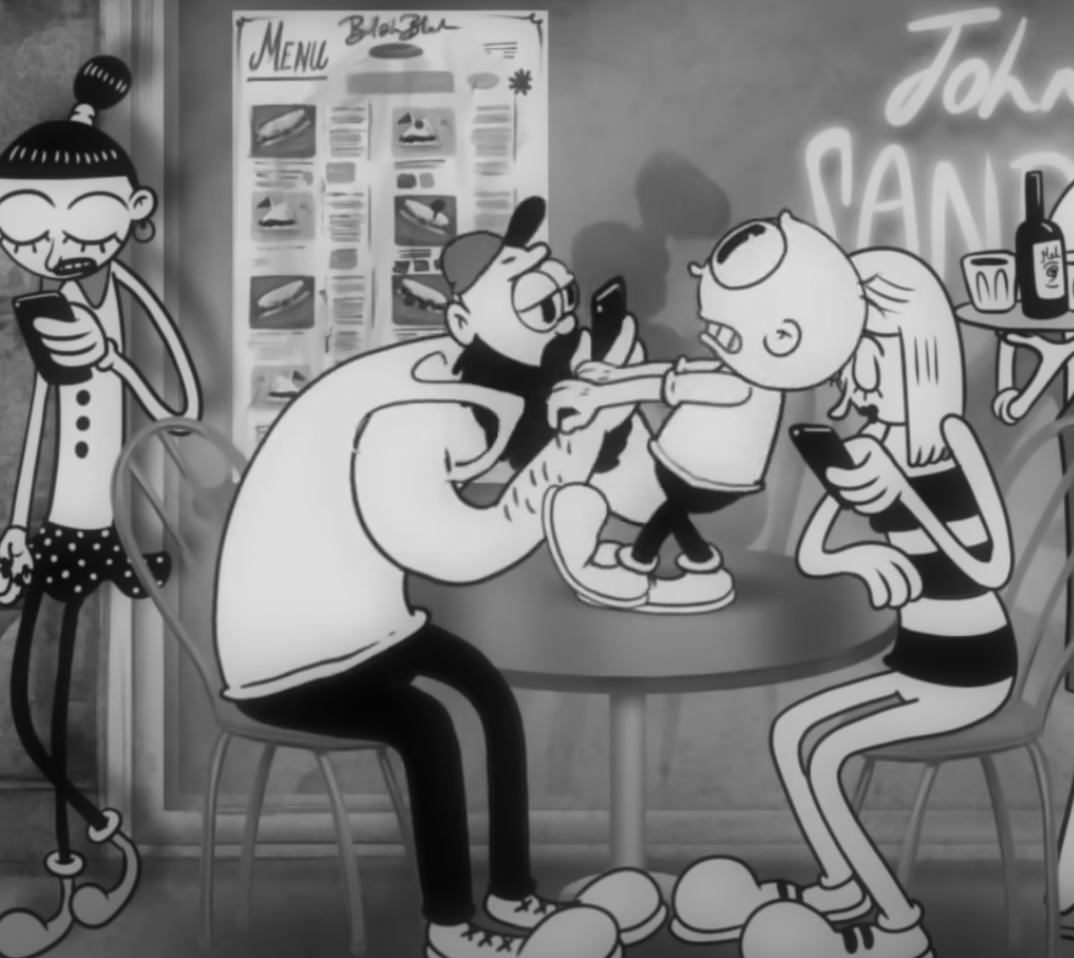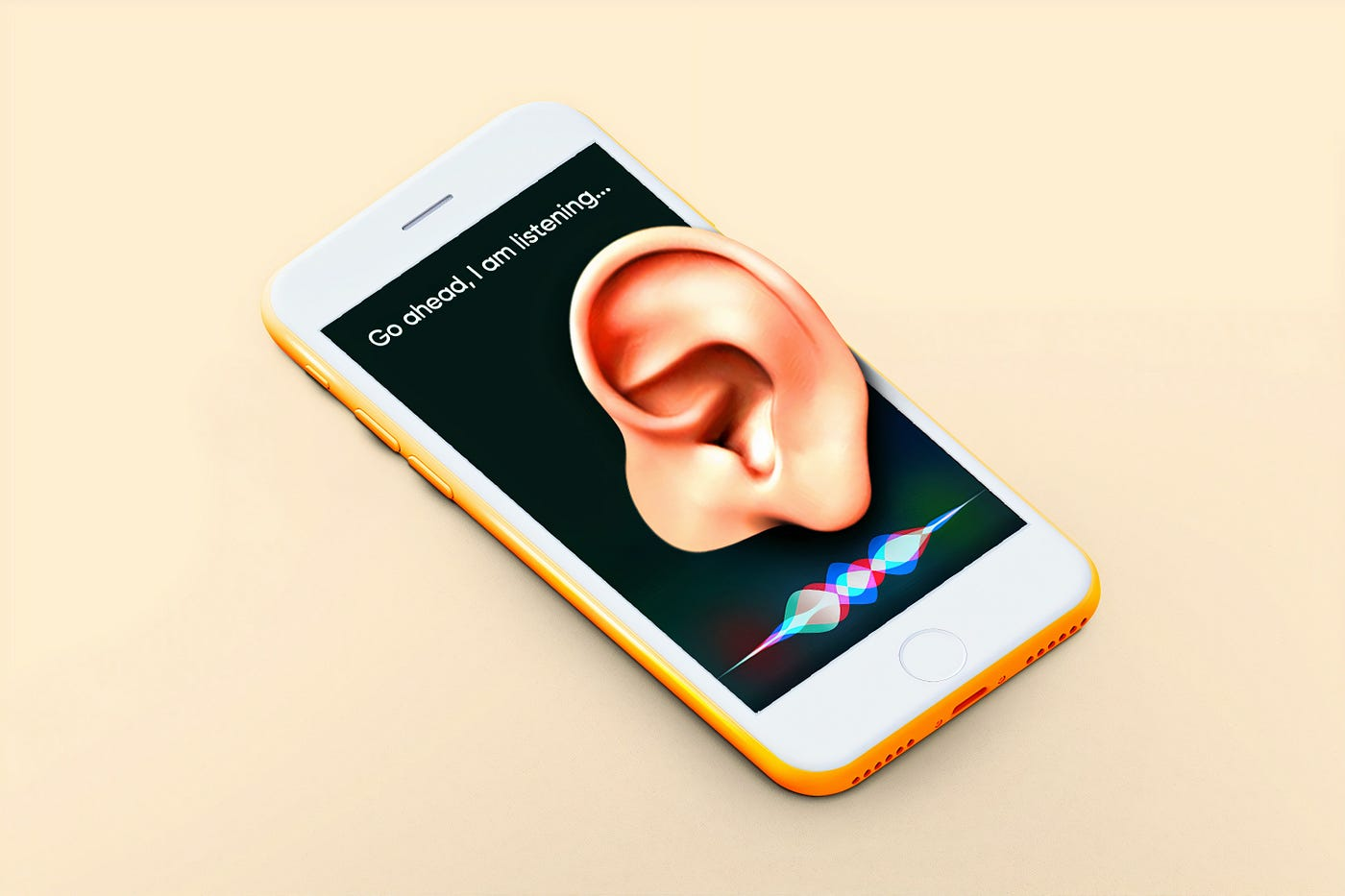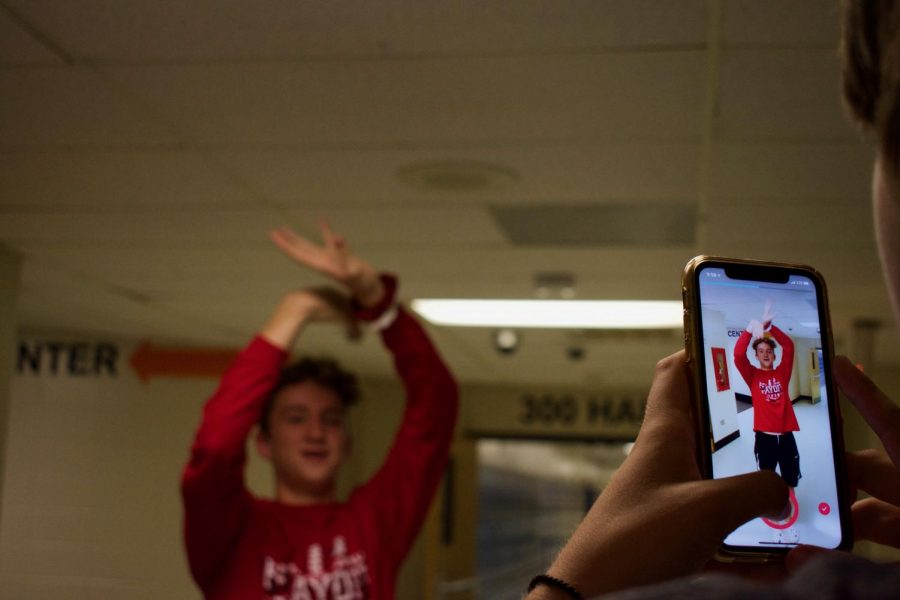Privacy... or lack thereof.
After watching multiple TED talks surrounding the issue of privacy, I was surprised and disturbed at how uneducated I was regarding my own privacy. I learned so much about how phone users are being invaded every day, and how unaware we are of this issue.

In Christopher Soghoian's talk about avoiding surveillance, he explained that phones are created for surveillance, which affects each and every person who owns one. I was shocked to learn that any phone call I make can be invaded and a stalker, government official, or criminal can hear every word.
However, I was glad to learn about Silicon Valley companies that utilize encryption technology which makes it harder for our privacy to be invaded. Sending a text message from an iPhone to an iPhone is safer than making a call. Soghoian's TED talk also mentioned that FaceTime calls cannot easily be wiretapped, which is refreshing to know. This makes me never want to make a phone call to my mom again, but to just send her a text so I know my information is somewhat safe.
This TED talk mentioned "democratized encryption" and explained how it is making the government very angry because of the lack of access to information they now have. This idea really interested me, so I decided to look further for information on the democratization of encryption. I quickly learned that encryption makes data undecipherable, which is a huge worry for the government as encrypted data brings complex security challenges.

Some government officials believe that every text, phone call, and email should be available to the government to be aware of the communication happening between individuals. While I understand their point of view, I believe humans have the right to privacy of their information online. It becomes an individual choice at this point though- should we be using devices that can release our information this easily? If we educate ourselves on the government's access to our information, then we should be able to make a knowledgable decision about whether or not we will allow them to. So, I guess the question is is it worth the risks?
 Watching Are You Lost In The World Like Me in class provided me with a different perspective on how kids are experiencing the world today. Our relationship with technology becomes their relationship with technology. We are obligated to give children the childhood they deserve, and being glued to phones 24/7 is the exact opposite of what we should be doing.
Watching Are You Lost In The World Like Me in class provided me with a different perspective on how kids are experiencing the world today. Our relationship with technology becomes their relationship with technology. We are obligated to give children the childhood they deserve, and being glued to phones 24/7 is the exact opposite of what we should be doing. 





























